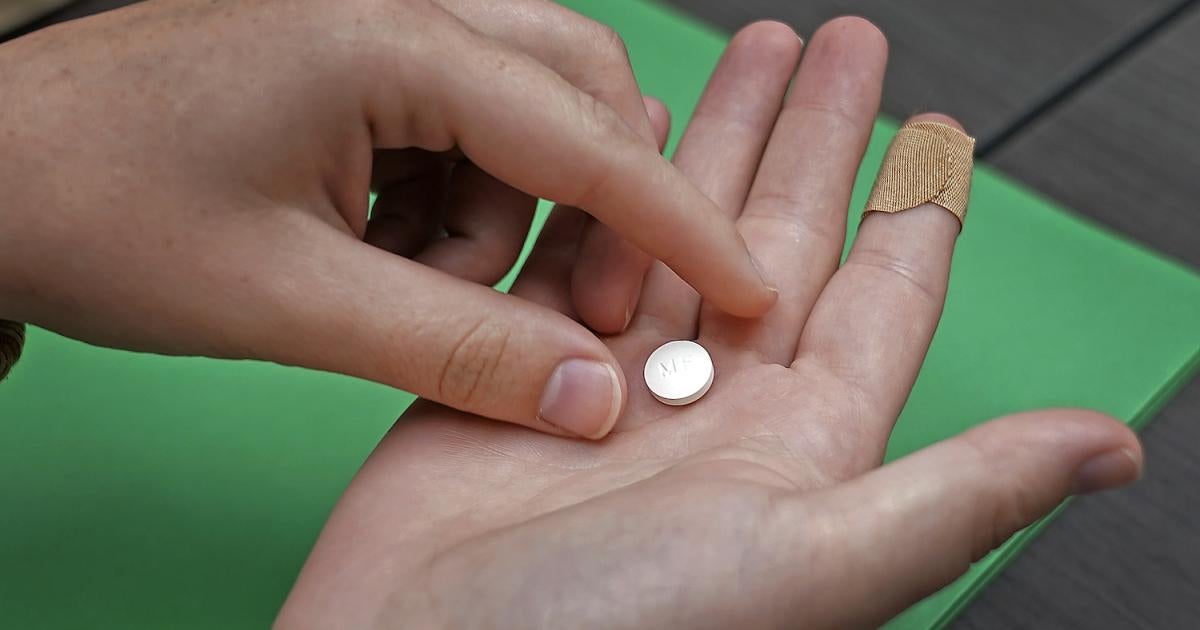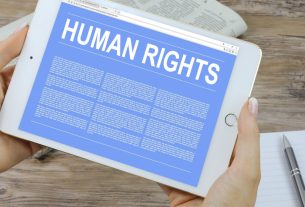The United States government took an important step to reduce barriers to abortion access this week.
The Food and Drug Administration (FDA), a government agency regulating medicines and other products, stated on January 3 that US retail pharmacies will be allowed to dispense mifepristone, a pill used in medical abortion. Previously, the drug was only offered by certain specialty pharmacies and clinics, limiting access for many people.
This is the latest attempt by the Biden administration to preserve reproductive health access where it can in the aftermath of the Supreme Court’s June 2022 decision overturning the constitutional right to access abortion. Last year, the Biden administration announced it would no longer require people to obtain mifepristone in person from a health provider, enabling greater access to abortion care through telemedicine.
Mifepristone is one of two drugs – together with the more widely available drug misoprostol – used in medical abortion, a safe and effective way to end a pregnancy.
Since the Supreme Court’s decision, more than a dozen US states have banned nearly all abortion, and many other states maintain harsh restrictions, leaving pregnant individuals to navigate a web of barriers to access basic health care. Reducing barriers to medical abortion in states where abortion is still legal – like eliminating the in-person and specialty pharmacy requirements – could help more people access care, including self-managed abortion. But some experts have expressed concern that the new regulations governing mifepristone remain too strict and retail pharmacies still need to commit to distribution.
Making medical abortion more accessible is especially important for Black people and other people of color, who are disproportionately harmed by abortion restrictions, and for other populations facing barriers to abortion care. They include young people contending with parental involvement laws; people living in poverty who may struggle to secure transportation, time off, and resources to access care; and those in rural communities who are more isolated from providers.
Regardless of what the Supreme Court says, access to abortion is an international human right, and US authorities are obligated to ensure pregnant people can access care safely and with dignity. While more should be done to overcome the many barriers to abortion still in place, the FDA’s decision brings the US one step closer to fulfilling that obligation.



